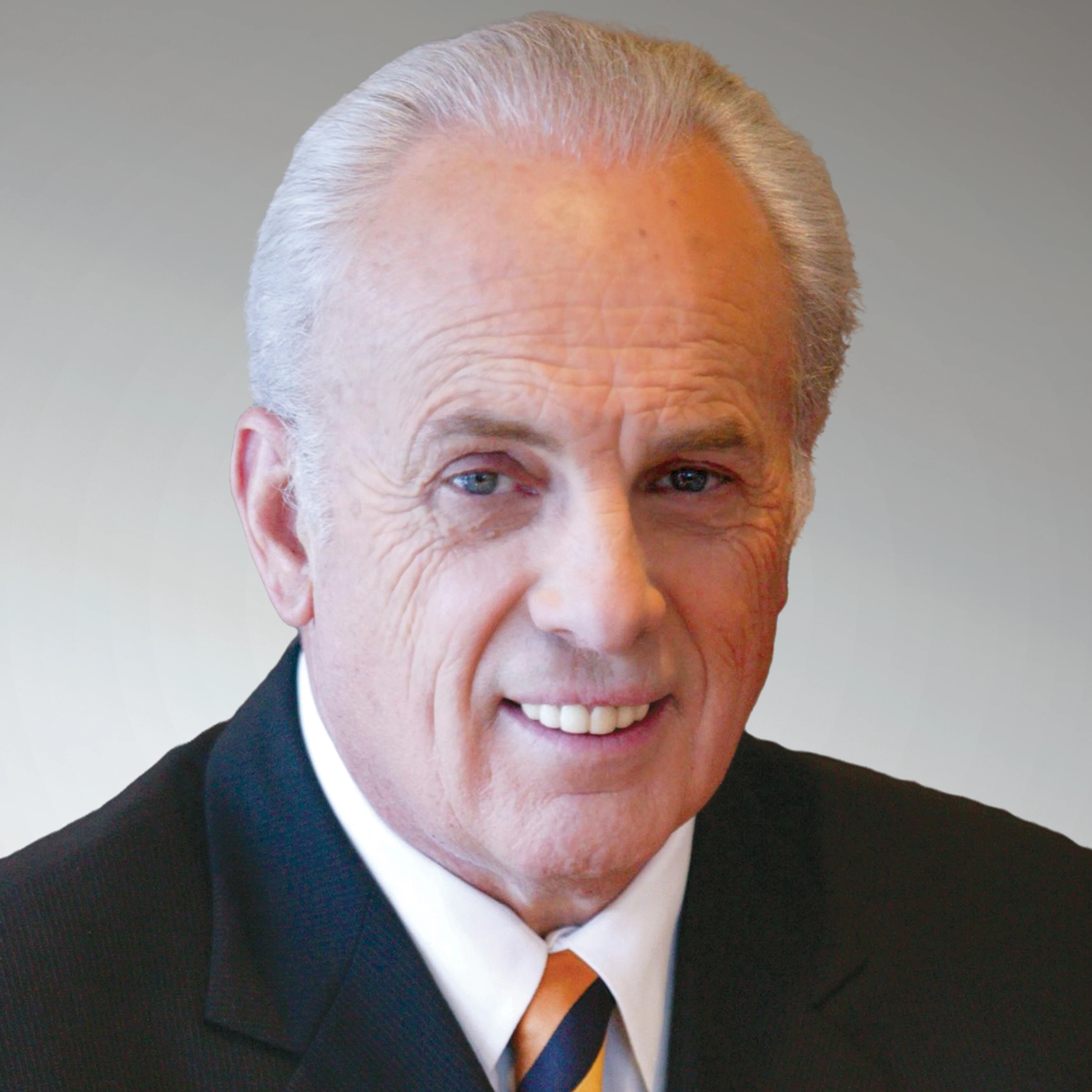A Most Intriguing Figure with John MacArthur

One hundred years before Martin Luther’s time, Jan Hus began paving the road to church reformation. On this episode of 5 Minutes in Church History, Dr. Stephen Nichols is joined by Dr. John MacArthur to discuss this often overlooked figure from church history.
Steve Nichols:
It is my pleasure to have a special guest on our program, our friend Dr. John MacArthur. Dr. MacArthur, it’s really good to see you.
John MacArthur:
It’s an honor, Steve. Thank you for inviting me.
SN:
As we look over the Mount Everests of church history—Luther, Calvin, Edwards, Spurgeon—which one figure, besides those, do you find intriguing and inspiring but that maybe sometimes gets overlooked?
JM:
That’s a little bit difficult, but I guess I have to land on, for this occasion anyway, Jan Hus. Obviously, I would love to talk about Tyndale or Wycliffe, because of the commitment they made to the Word of God. But Hus stands out because of the fact that he’s a hundred years or so ahead of Luther. Luther is highly influenced by Hus, by what Hus took issue with, namely, the indulgences. I think the story of Hus is so amazing. He’s basically coming out of a town called Husinec, which means “goose.” And he is a priest like everybody else in the clergy. But he comes to the conviction that Christ, not the pope, is the head of the church, which is revolutionary.
So he’s not only attacking indulgences and calling for other reforms in the church, but he’s striking at the head of the whole system, the pope. He had been appointed, because he was such a gifted preacher, to preach at the Bethlehem Church in Prague. He began to do something that you weren’t allowed to do. He began to preach in the people’s language so that he wasn’t just mumbling in Latin. He was preaching the Word of God, and he was basically violating all the protocols. He was politically incorrect. So they threw him out of the pulpit. He went out into the countryside, and he would preach in the countryside. And at the time that he was excommunicated, he began to think about the church. That’s when he wrote, I think, De Ecclesia, which is his document on the church. And he really began, I think, in the direction of Luther to reform the church.
Luther later found some of Hus’ papers and was enamored with everything he had written. Hus was so against the grain that eventually he was taken to Constance, and the bishop of Constance sentenced him to death. He was burned at the stake for his convictions.
SN:
As you’ve been talking, this really is everything Luther was about: against indulgences, against the papacy and its system, against the hierarchy. And their preaching—for Hus in the Czech language, for Luther, in German. Hus introduces congregational singing, as Luther does. But Hus does all this a hundred years before Luther and without Frederick the Wise.
JM:
Without the political support.
SN:
Without political protection.
JM:
Yes. The interesting thing, and I think I’m correct in saying this, is that when Hus died, there was some statement that he is purported to have made: “You may kill the goose, but there will come a swan. And him you will not be able to kill.”
SN:
That’s right.
JM:
So that’s why, when you see medieval art that depicts Luther, he’s got a swan in the background, because Luther was that swan, if indeed Hus actually said that there was a swan. That was none other than Martin Luther.
SN:
He did. And Hus even mentioned a hundred years from now. Now, the only thing that I think keeps this from being a true prophecy is if he had said a wild boar will come, but he calls Luther a swan.
JM:
And run through the Lord’s vineyard.
SN:
That’s right. I’m not sure Luther was very swanlike.
JM:
No, that isn’t the animal you think of when you think of Martin Luther. Wasn’t Luther ordained at Erfurt?
SN:
He was.
JM:
And when he was ordained, he was lying on the crypt. Literally, he had to go prostrate on the ground in his ordination. He was lying on the crypt of the bishop of Constance, the very grave of the bishop who had killed Hus. And you know what R.C. said about that, right?
SN:
Yes.
JM:
He said, “When Hus said there’s coming a swan, the bishop of Constance said, ‘Over my dead body.’” And so it was.
SN:
And so it was. Thank you for sharing this story of this true Mount Everest from church history, Jan Hus. And thank you for reminding us of that great joke.
Recent Episodes
401 Again
February 11, 2026|The Ancient Church
401
February 4, 2026|General Church History
Noah Webster’s Dictionary
January 28, 2026|Biography
Early Methodism: Circuit Riders and Camp Meetings
January 21, 2026|American Church History
Early Methodism: Beginnings and Revival
January 14, 2026|The Eighteenth Century
The Story of 5 Sermons
January 7, 2026|The Eighteenth Century

